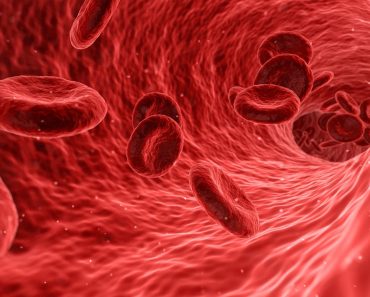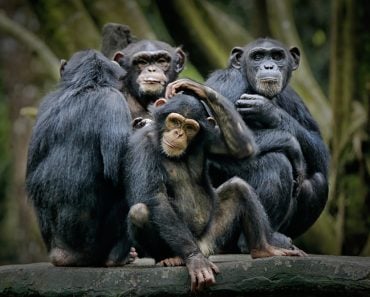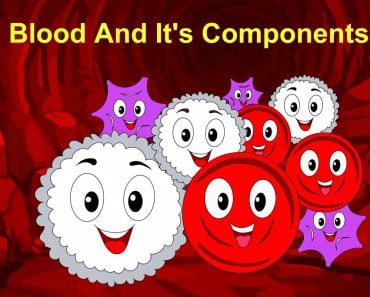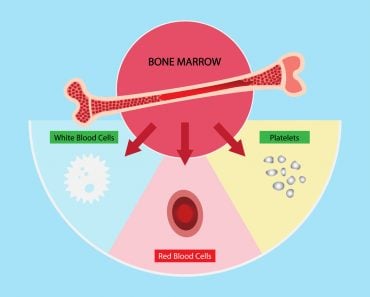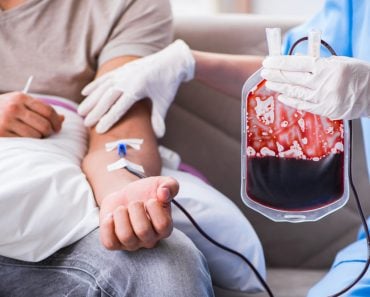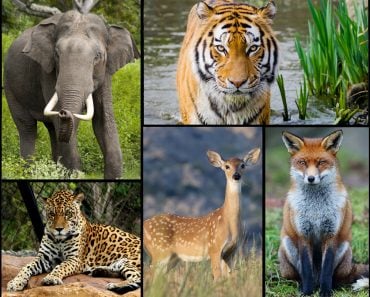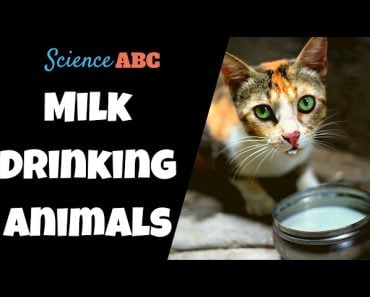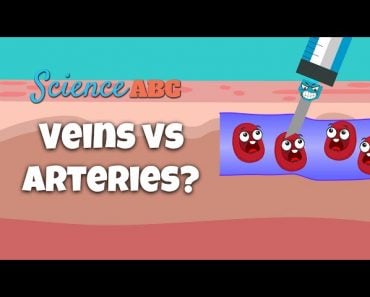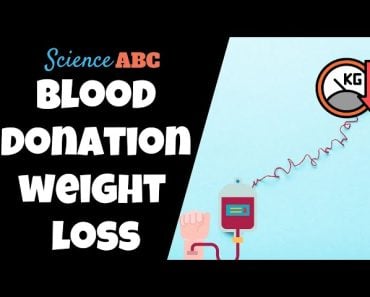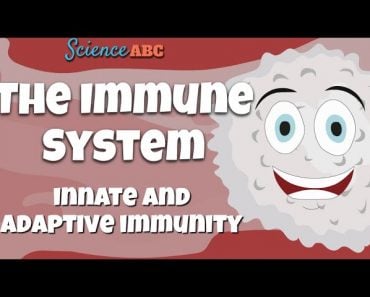Table of Contents (click to expand)
Blood types exist in both humans and animals, but the blood types are different. For animals, blood type is determined by the antigens present on the red blood cells, and there are a variety of blood types in different animals. For humans, blood type is determined by the ABO blood group system of antigens, and there are a variety of blood types in different humans. When giving a blood transfusion to an animal, it is important that the blood type matches, otherwise there is a risk of severe inflammation, kidney failure, and death.
When you’re watching a medical drama, you almost always see doctors and nurses handling bags of blood for transfusions to be given to the most critically injured patients who have lost a lot of their own blood. When you go to donate blood, your blood will be carefully labeled as one of four blood types – A, B, AB, or O. These classifications apply for human blood, but what about our furry friends and the rest of the animal kingdom?
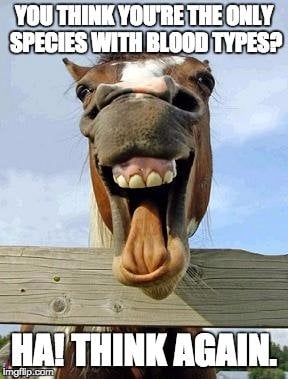
Do they share the same blood types, or would a transfusion of human blood into a dog be a terrible idea?
Recommended Video for you:
Blood Type Specificity
When a patient receives a blood transfusion, it is essential that they be given blood that matches their own blood type. Red blood cells (RBCs) in human beings are covered in specific antigens that have been inherited over time, and based on the presence or absence of these antigens (which could be proteins, carbohydrates, or lipids), you fall within a certain blood group. There are more than 600 different antigens, which can be simplified to 35 different blood groups. Your blood type is determined by the blood types of your parents, based on the ABO blood group system of antigens. The other important blood group system is Rh, which determines a (+) or (-) after the ABO classification.
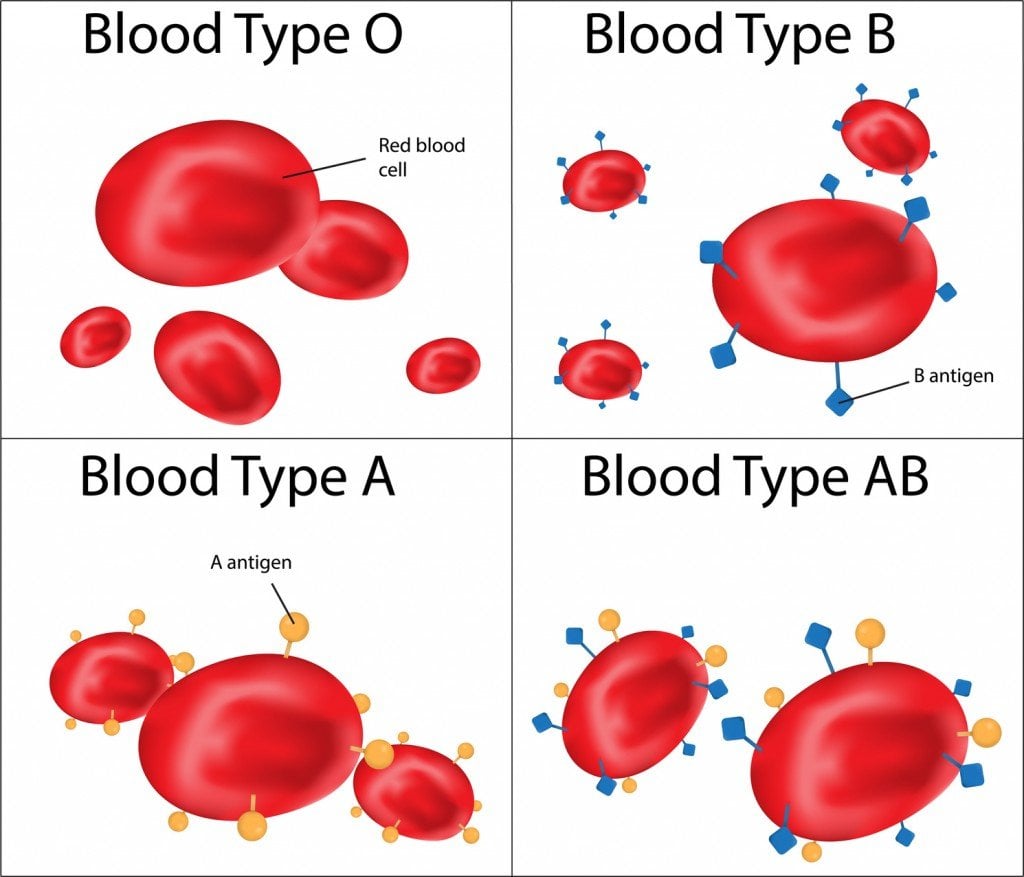
The human body is very clever, and doesn’t allow foreign blood types to mix in the body. For example, if you have Type A blood, then your body will have antibodies that seek out the antigens found on Type B blood. If you receive a transfusion of the wrong blood type, then your body’s natural defense mechanism will find and eliminate that perceived threat, essentially “rejecting” the incompatible blood.
Animal Blood Types
While the ABO blood group of antigens is one of the most important classifications for human RBCs, the ABO blood group doesn’t exist in animals. Dogs, cats, horses, and cows all obviously have blood, but the groups of antigens that exist on the outside of their RBCs are quite different from the antigens found in humans. This is likely due to the evolutionary development of those animals, where certain antigens became more important for survival, and were thus passed on through successful generations.
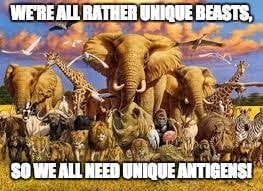
In the case of dogs, there are roughly a dozen blood types, 8 of which are called DEA (Dog Erythrocyte Antigens), and these are the equivalent to the human ABO group (in terms of importance). 2 of these 8 DEA are found on the cells of 98% of dogs, making them very important markers for blood transfusions. DEA 1.1- is considered the universal donor for dogs, while DEA 1.1+ is considered the universal recipient, which is quite a similar situation as humans (Type 0- blood in humans is considered the universal donor blood, although there is a small chance of negative antigen interaction).
For a dog to donate blood, its blood type should match with the recipient’s in an ideal scenario. However, cross-matches can be conducted to ensure compatibility in case of different blood groups. Furthermore, the donor dog should be in the prime of its health, free from diseases and parasites and not on any sort of rigorous medication.
Cats are slightly less complicated than dogs, possessing only an AB system, like humans. Cats can be A, B, or AB in their blood type, but don’t let that confuse you into thinking that humans can receive transfusions from cats. The vast majority of cats have Type A blood, some have Tybe B, and a very small amount have AB. The letters may be the same as human blood types, but the antigens are different!
When it comes to horses, there are 8 blood groups, whereas sheep have 7 and goats have 5. All of these blood types are determined based on the same qualifications – the types of antigens present on the RBCs of these animals. Therefore, the same precautions must be taken by veterinarians as we take with human patients. Blood types must match up (except in the case of a universal donor/recipient) or else it can result in severe inflammation in the body, kidney failure and even death. Just to let you know, those are the same dangers that human beings faced if given the wrong blood!

Next time you hear a veterinarian shout, “Get me some DEA 1.1 Negative blood, STAT!” on your favorite medical drama taking place in a zoo, you’ll have a bit more of an idea what that means!


